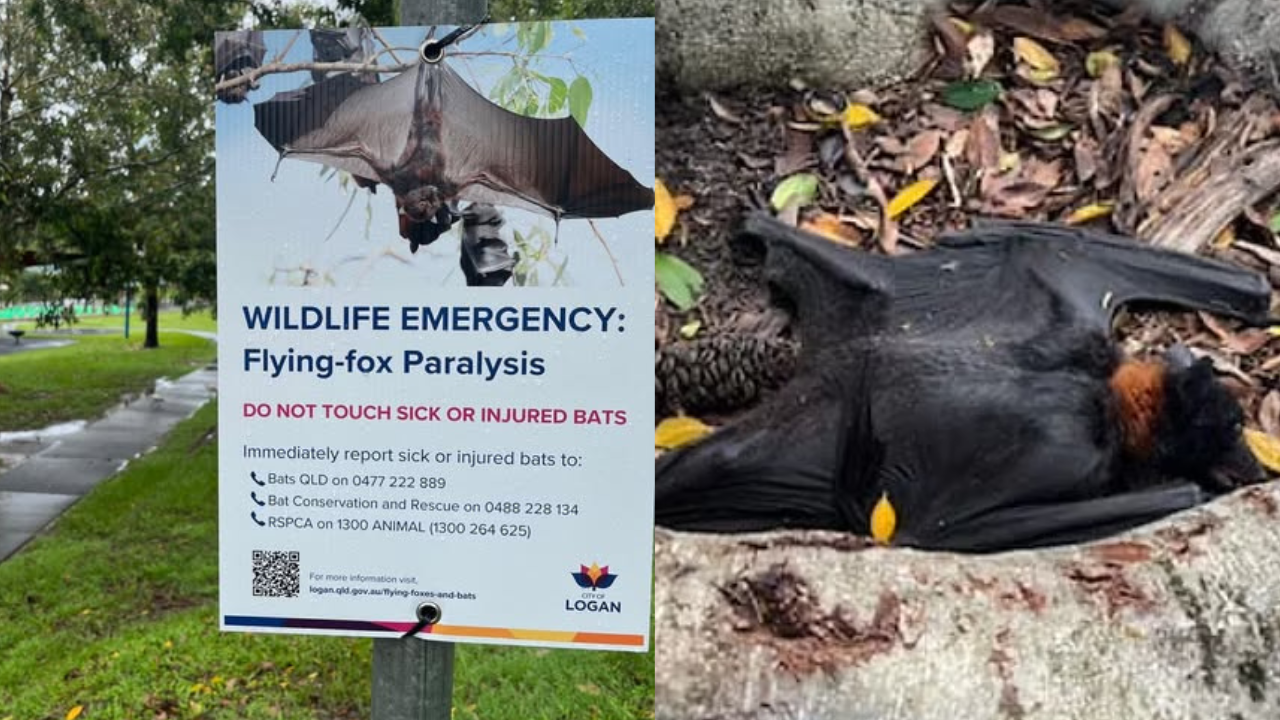Melbourne has claimed bragging rights over Sydney in a prestigious global ranking of ‘liveable’ cities but both slid from where they were last year – even though they remain comfortably in the top 10.
Melbourne came fourth and Sydney seventh in the Global Liveability Index compiled by The Economist magazine which compiles the annual ranking for its high-flying business and executive audience.
The magazine ranked 173 cities by giving scores on health care, culture, environment, stability, infrastructure and education, but not including affordability.
Melbourne placed fourth with an overall index of 97, having come third last year, with top marks for healthcare and education but losing points for infrastructure due to ‘an acute housing crisis’ that affected several regions.
Sydney only marginally trailled Melbourne’s index with a score of 96.6 but that was enough to see it drop from fourth last year to seventh, where it tied with Canada’s Vancouver.
New Zealand also managed to just sneak into the top 10 with Auckland tying with Japan‘s Osaka for the ninth and tenth spots.
The Economist said housing shortages were bedevilling many regions in the world but picked out two countries for special mention.
‘The situation is particularly worrying in Australia and Canada, where the availability of rental properties is at an all-time low and purchase prices have continued to rise despite interest-rate increases,’ the report from the Economist Intelligence Unit (EIU) read.
Melbourne has claimed bragging rights over Sydney after beating out its NSW rival in a ranking of liveability by venerable magazine The Economist
For the third successive year the Austrian capital of Vienna ranked as the most liveable city after receiving ‘perfect’ scores in four out of five of the categories.
It was marked lower for culture and environment because of a perceived lack of significant sporting events.
Denmark’s Copenhagen maintained its second place ranking from last year while the Swiss city of Zurich climbed from sixth place to third.
Canadian city Calgary tied for fifth place with Swiss city Geneva.
Damascus in Syria remained anchored to the bottom of the list from last year earning the dubious distinction of being the ‘least liveable city in the world’.
Libya’s Tripoli, Algeria’s Algiers and Nigeria’s Lagos rounded out the bottom four with none of those cities making improvement in their overall score from 2023.
EIU deputy director Barsali Bhattacharyya said global liveability had risen fractionally in 2024 but stability risks were emerging.
‘Still-high inflation accompanied by high interest rates and other economic headwinds led to another year of frequent protests across the world,’ he said.
‘Since we conducted our survey, there have been more instances of civil unrest and demonstrations around the world.’

Sydney dropped three places from its position in last year’s liveability rankings to come in at seventh place
Mr Bhattacharyya said protests such as the campus demonstrations across the US against Israel’s military actions in Gaza suggested ‘a continuing stress on liveability that is unlikely to ease in the near future’.





